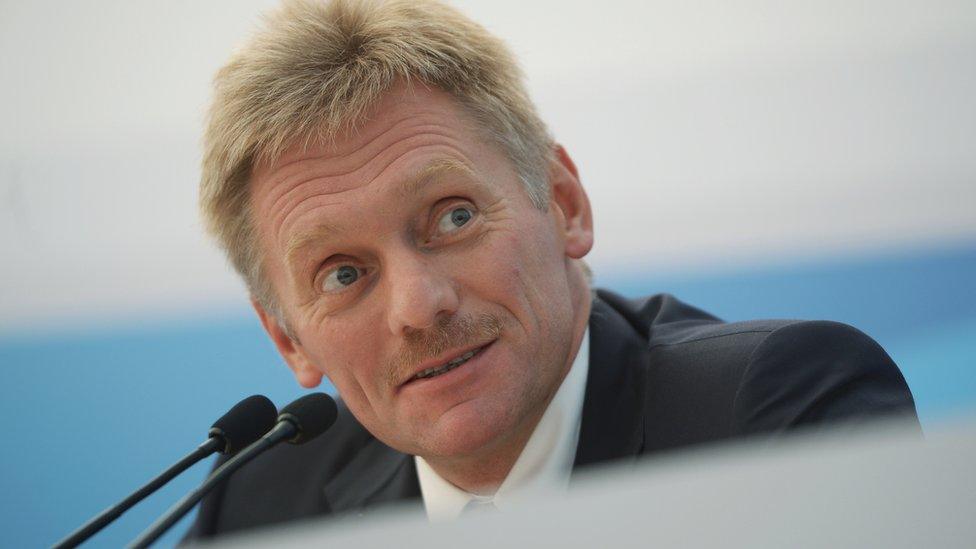Breakthrough in Riyadh Talks Signals Rare Diplomatic Cooperation
In a surprising yet significant diplomatic development, Russia and the United States have agreed on a temporary moratorium on attacks targeting energy infrastructure in both Russia and Ukraine. The agreement was reached during high-stakes negotiations in Riyadh on March 25, 2025, where officials from both nations engaged in direct dialogue to address one of the most pressing issues of the ongoing conflict.
The decision marks a rare instance of cooperation between the two rival powers, whose relations have been deeply strained by the prolonged war in Ukraine. This move signals a potential step toward reducing civilian suffering and stabilizing key infrastructure amid the hostilities.
How the Agreement Was Reached
The Kremlin’s spokesperson, Dmitry Peskov, confirmed the breakthrough on Wednesday, emphasizing the speed at which both parties were able to establish common ground on the issue.
“It is thanks to these contacts that we were able to quickly agree on a list of Russian and Ukrainian facilities that fall under the temporary moratorium on attacks on the energy system,” Peskov stated.
This agreement follows weeks of behind-the-scenes diplomatic efforts facilitated by intermediaries, particularly Saudi Arabia, which played a key role in hosting the negotiations. While no formal peace talks have yet materialized, the decision to safeguard vital energy infrastructure is seen as an essential step toward de-escalation.
Russia Enforces Putin’s Order to Halt Strikes on Energy Facilities
Peskov further stated that President Vladimir Putin has formally issued an order enforcing the moratorium, and the Russian military has already begun implementing it.
“Russian President Vladimir Putin’s order regarding the moratorium is in effect and is being implemented by our armed forces,” he confirmed.
This suggests that Moscow is taking the agreement seriously, at least for now, and expects Washington to ensure that Ukrainian forces comply as well.
Despite the agreement, concerns remain over Ukraine’s actions, as Peskov accused Kyiv of continuing attempts to strike Russian energy facilities.
“Ukraine’s repeated strikes on Russian energy infrastructure are well known, and Kyiv has repeatedly demonstrated its inability to engage in meaningful negotiations,” he claimed.
These remarks indicate that while Moscow and Washington have managed to find common ground on this specific issue, deep-rooted tensions remain, and any violation of the agreement could quickly unravel the fragile understanding.
Why This Agreement Matters
The decision to halt attacks on power plants, electrical grids, and other critical infrastructure is significant for several reasons:
-
Humanitarian Impact – Millions of civilians in both Russia and Ukraine have suffered from power outages, water shortages, and heating crises as a result of targeted strikes on energy facilities. A temporary halt to such attacks could alleviate the humanitarian toll of the war.
-
Strategic Importance – Energy infrastructure plays a key role in sustaining military operations, and while the agreement does not amount to a ceasefire, it could slow down further destruction of resources critical to both sides.
-
Potential for Future Talks – This small diplomatic success may encourage further discussions between Moscow and Washington, possibly paving the way for broader negotiations on reducing hostilities.
However, experts warn that such agreements are fragile, especially in a conflict where trust between the parties is virtually nonexistent. A single violation could derail the entire initiative and lead to an escalation of hostilities.
Global Reactions and the Path Ahead
The agreement has drawn mixed reactions from international observers and political analysts. While some view it as a pragmatic move to protect essential civilian infrastructure, others argue that it does little to address the root causes of the war or bring about a lasting peace.
Western allies of Ukraine have largely welcomed the development but remain skeptical about Russia’s long-term commitment to the deal. Meanwhile, Ukrainian officials have yet to publicly comment on the agreement, raising questions about whether Kyiv fully supports it.
With winter approaching, energy security will become even more critical, making compliance with the agreement essential. If both sides respect the moratorium, it could set a precedent for future limited agreements on humanitarian and strategic issues. However, any breach—especially if Ukrainian forces continue to target Russian energy sites—could trigger a fresh wave of retaliatory strikes.
Read also: Atiku Reveals Why He Didn’t Choose Wike as His Running Mate in 2023
For now, the world watches as this fragile truce plays out, with hopes that it could lead to further diplomatic breakthroughs in a war that has devastated lives, economies, and international relations.
















Got a Questions?
Find us on Socials or Contact us and we’ll get back to you as soon as possible.